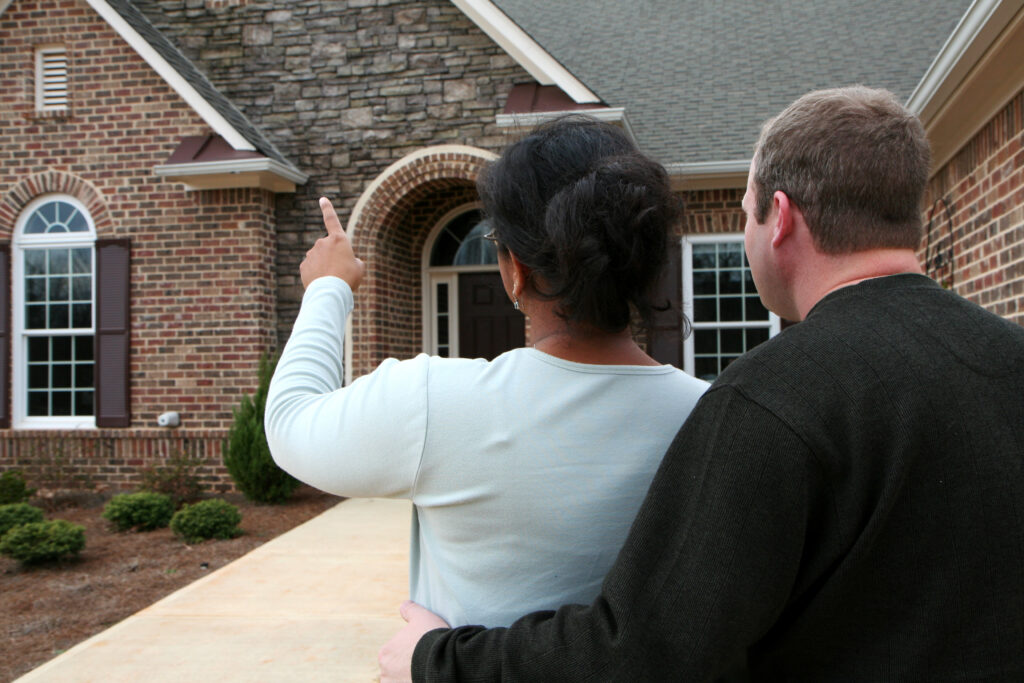Perhaps no decision is as intimidating as selecting your next home. Your new home is the place that will set the stage for your everyday life, be a part of memories for the years to come, and keep you comfortable and safe. Therefore, picking the right place can be a life-changing decision. Check out this checklist of things to consider as you examine the options you could soon call home.
Number of Bedrooms and Bathrooms
Ideally, your new home will accommodate your family’s needs, like one bedroom per child and couple. However, there may also be instances when you need more space. For example, if you expect your family to grow in the future, anticipate a loved one coming to visit frequently, or even want a home office, you may need a spare bedroom or two.
As far as bathrooms, consider the ratio of people to bathrooms. The average American home today has two or three bathrooms. This may suffice for most families, but larger households may need an extra bathroom.
Location, Location, Location
Location is easily a top factor to consider when picking a new home. Specific location attributes will be the most significant determining factor for most people to assess whether a house is a logical next home. For example, you may need a place in a particular area so your children can go to a specific school or so you don’t have a lengthy commute to work every day. Other things to consider about location include:
- Proximity to shopping centers and dining opportunities
- The crime rate in the area
- Proximity to medical care providers
- Population density
- Cost of living
Utility Costs
Even though utility costs may not be a huge determining factor if you have a little flexibility in your housing budget, this is something to consider just the same. First, consider that utility costs vary significantly from one zip code to the next. For example, you may pay more for water in one city than in the next because different entities set those costs. Next, talk to local electricity, water, and gas providers to understand how much utility costs are in a particular area.
Storage
The average household in this country has hundreds of thousands of items, which means Americans can require homes that have good storage. However, not every home will have the amount of storage space you need for your particular situation. When looking at a house, consider:
- Closets, including their size, and how many are available
- Outlying storage spaces like attics, basements, and cellars
- Outbuildings available, such as garden or tool sheds
How much cabinetry space is available in certain rooms is also essential. For instance, you may need cabinets in your laundry room or garage.
Find Help from Professional Movers
Ready to get moving to the next house you will call home? Professional movers can help you make the transition as smooth as possible, so you can jump right into enjoying the new place. Contact us today to get a custom quote for your upcoming move.



